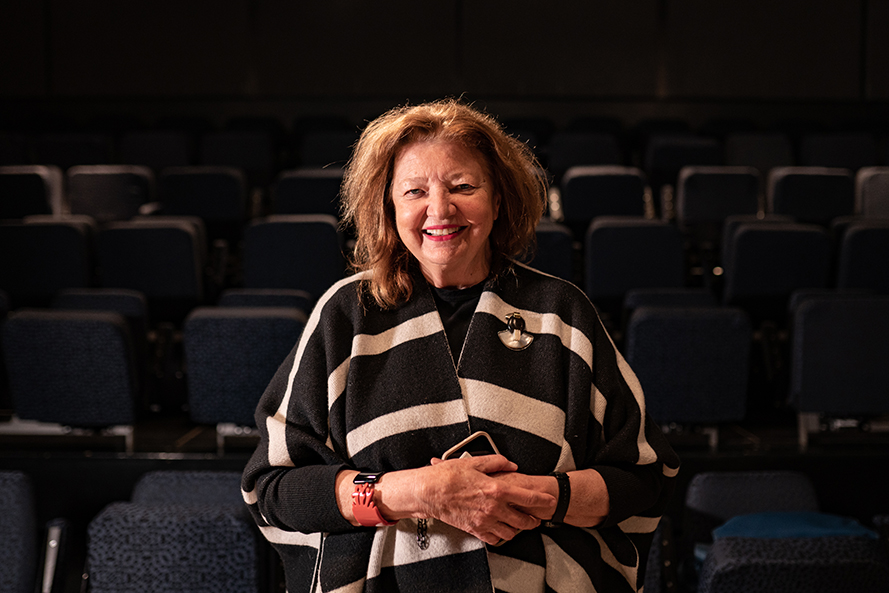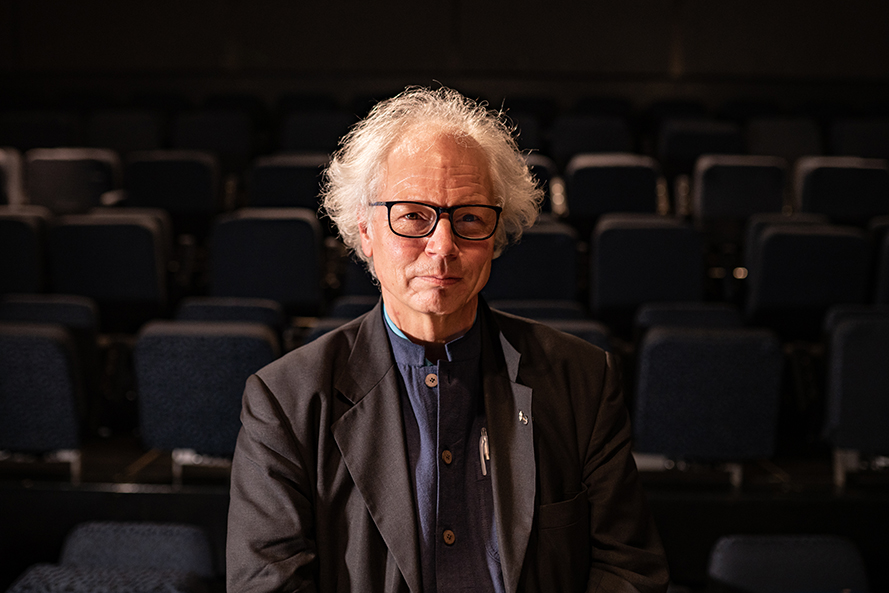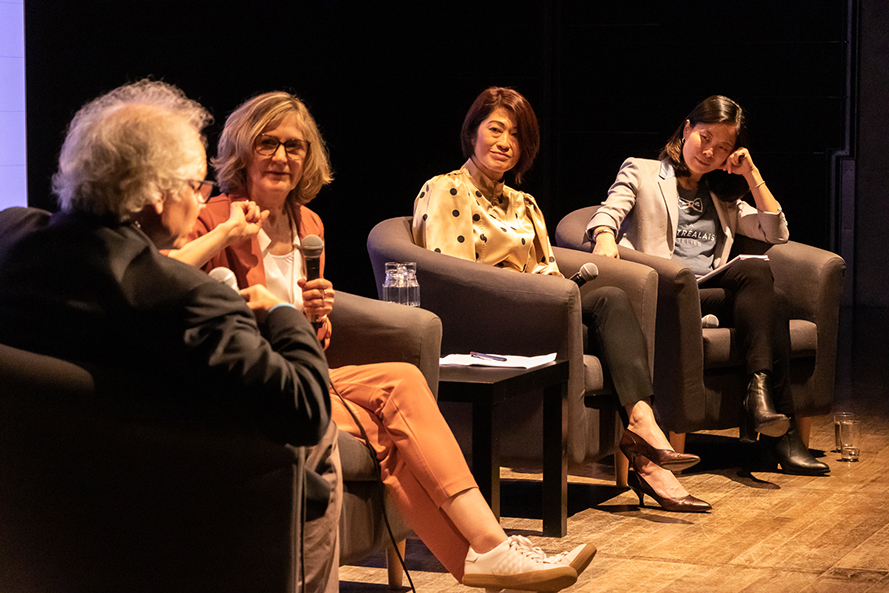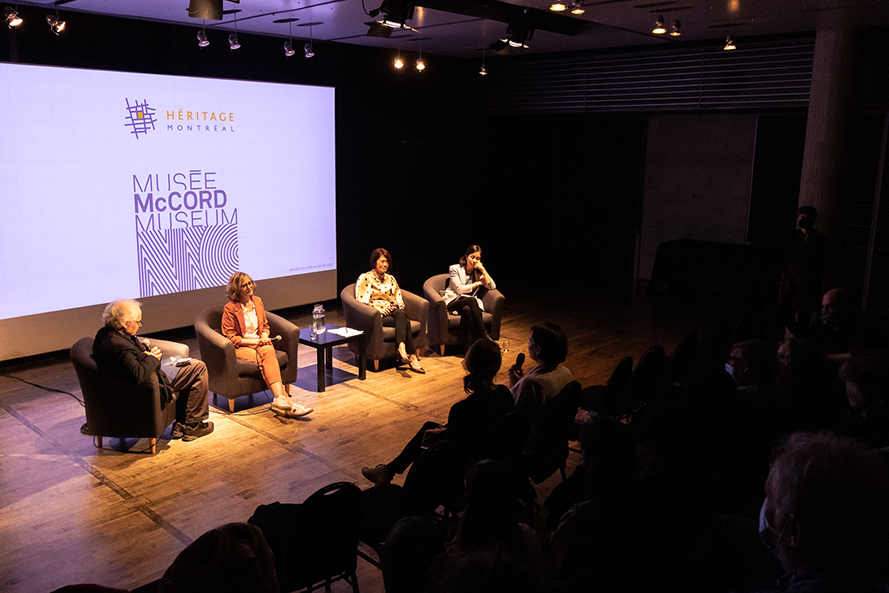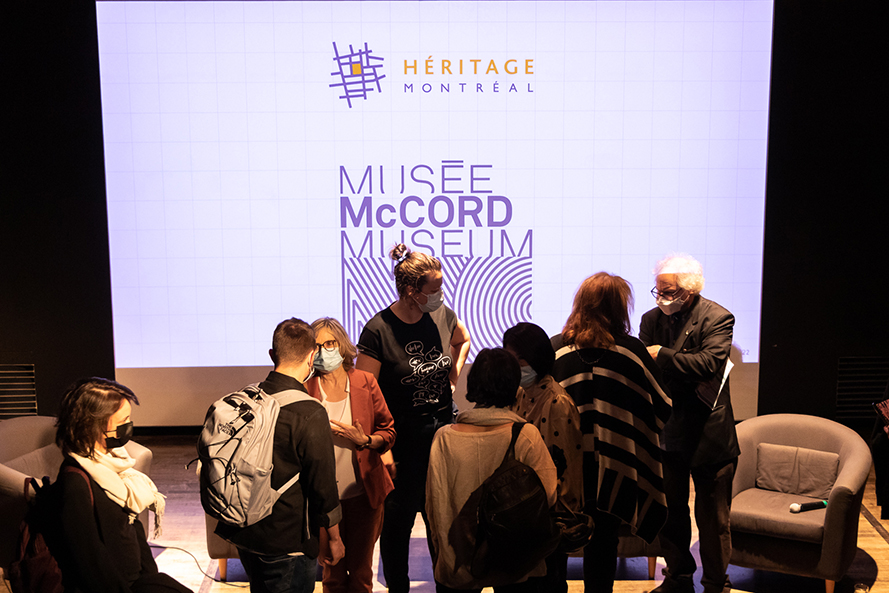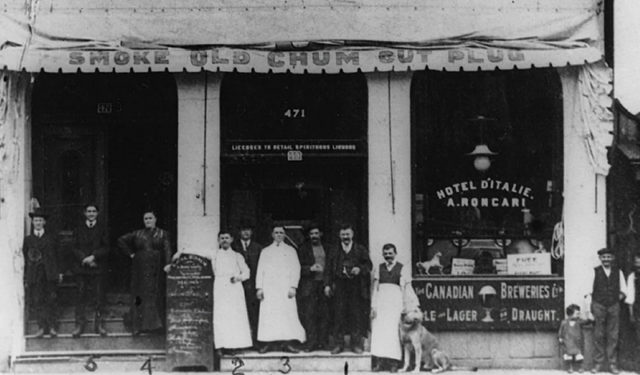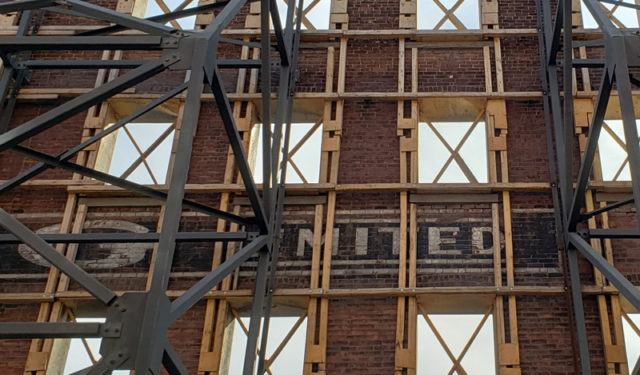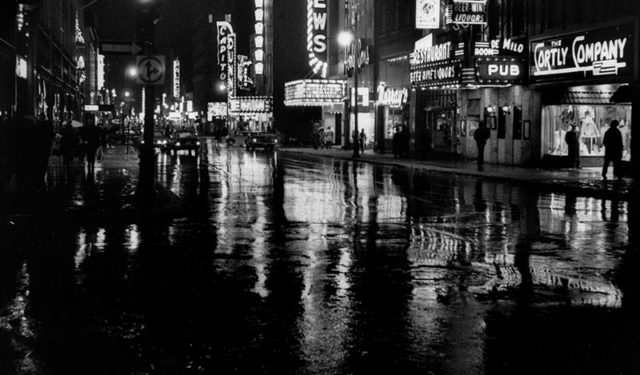Ten years of City Talks
A look back at a decade of City Talks with Suzanne Sauvage and Dinu Bumbaru.
June 8, 2022
As the J. Armand Bombardier Theatre was being prepared for the 40th panel discussion in the City Talks series, now completing its 10th season, I spoke with Suzanne Sauvage, President and Chief Executive Officer of the McCord Museum, and Dinu Bumbaru, Director of Policy at Heritage Montreal and moderator of City Talks, who were comfortably ensconced in the armchairs that would accommodate the evening’s guest speakers in just a few hours.
Ten years ago, how did the idea of organizing City Talks come about?
Suzanne: I believe the Museum originally came up with the idea, right?
Dinu: You were the one who thought of it, Suzanne.
Suzanne: I had just arrived at the Museum and wanted to forge new partnerships with organizations in the city; the most natural partner was Heritage Montreal. I had always admired Heritage Montreal and since the Museum’s mission includes protecting the heritage of Montreal, I thought it would be interesting to do something together. We immediately thought of organizing a lecture series about the city, heritage and architecture.
Dinu: Right. Besides, we were already friends before City Talks. In fact, the shared mission of the McCord Museum and Heritage Montreal means there are quasi-familial ties between the two organizations. It was only natural for Heritage Montreal to work with the Museum.
Did you know it would last 10 years?
Suzanne: Did I say to myself at the outset that it would last 10 years? Definitely not! I imagined it would last as long as it should last—perhaps several years at most. But it proved so popular that we couldn’t stop.
Dinu: Not to mention there are still so many subjects to cover!
Suzanne: It’s actually quite amazing to see all the themes that emerge each year. One might think that we would’ve exhausted the subject after 10 years, but that isn’t the case at all. There’s still so much to say.
Dinu: One of the strengths of the City Talks series is that the discussions don’t have to be inspired by current events. The themes always relate to the various aspects of what makes a city.
Suzanne: And many of the themes and issues we’ve looked at over the years have never been resolved and remain timely to this day.
Dinu: And there are still many themes we’ve never addressed that merit exploration. For example, the perspective of various communities on heritage. This evening we’ll be discussing Chinatown, and we recently hosted a very successful Talk about the Indigenous aspects of Montreal. However, these themes were not even on the radar when City Talks began.
How has the City Talks series evolved over the years?
Dinu: In the beginning, paradoxically, the City Talks were less discussion and more presentation. Originally, two guests would each speak for twenty minutes or so, establishing a lecturer/audience relationship with the public. Now, guests give shorter presentations followed by discussion and interaction with those in attendance.
Suzanne: We want to make sure the discussions are meaningful because we want people to question and perhaps even contradict each other. We also have a more diverse slate of guest speakers. For example, we now invite journalists and sometimes elected officials to take part. However, and this has been true since the very beginning of City Talks, our guests are always very involved in the community and in their field.
What affect has the City Talks series had on Montreal in the past decade?
Dinu: Most of the City Talks are available online, constituting a rather significant library of information. We haven’t tried to publish proceedings from our events, like in academia, but, as Suzanne was saying, our discussions have resonated in society. Perhaps things that are said here have led elected officials and professionals to change their approach or try something new.
Suzanne: People often tell me that the series has made them reflect on and change their viewpoints vis-à-vis a theme that affects them professionally. That’s the real legacy of City Talks, in addition to everything one can find online.
Who is the audience for City Talks?
Suzanne: I think the series is aimed primarily at the friends of Heritage Montreal, who are passionate about Montreal’s heritage, but it also attracts students, who are always present in great numbers, along with many influential figures from the worlds of architecture, urban planning and heritage. That being said, the audience also always includes members of the general public who are interested in a specific issue and attend an edition of City Talks to learn more about a subject of particular importance to them.
Dinu: Last January’s Talk about densifying Montreal is a good example. This theme interests people who want to know how densification could impact their neighbourhood, urban planners and professionals from the City of Montreal, and developers and investors because it’s an economic development model. Approximately 500 people joined us online for that particular Talk. I believe that City Talks also attract a broad public because they always deal with themes that reflect Montreal realities.
Suzanne: We have a loyal audience that joins us regularly, but we also have an impact on people who are not in attendance. We actually receive feedback about City Talks from people in all sorts of fields, like those who work for the City of Montreal, people in architecture, and students. Our public is much broader than the one hundred or so guests who come to the theatre for each Talk.
What does the Future hold for City Talks?
Suzanne: The format might evolve, but the number of possible themes is endless.
Dinu: There’s also growing interest in everything that has to do with architecture, urban planning and heritage. The ever-increasing importance of social acceptability means urban heritage issues are receiving a lot of attention. And highlighting Montreal’s heritage is the mission of both the Museum and Heritage Montreal.
Suzanne: Why not continue for another 10 years? Dinu and I will both still be there!
Dinu: Absolutely!

